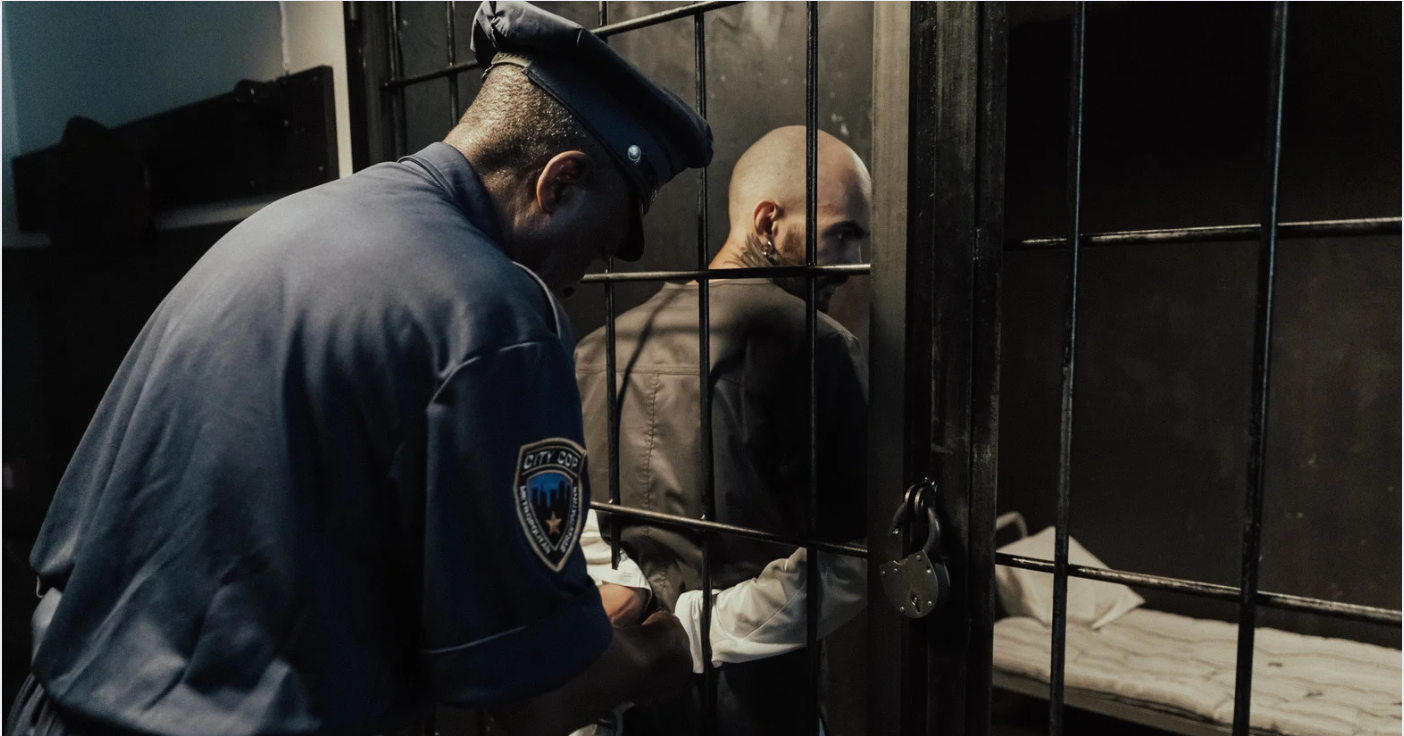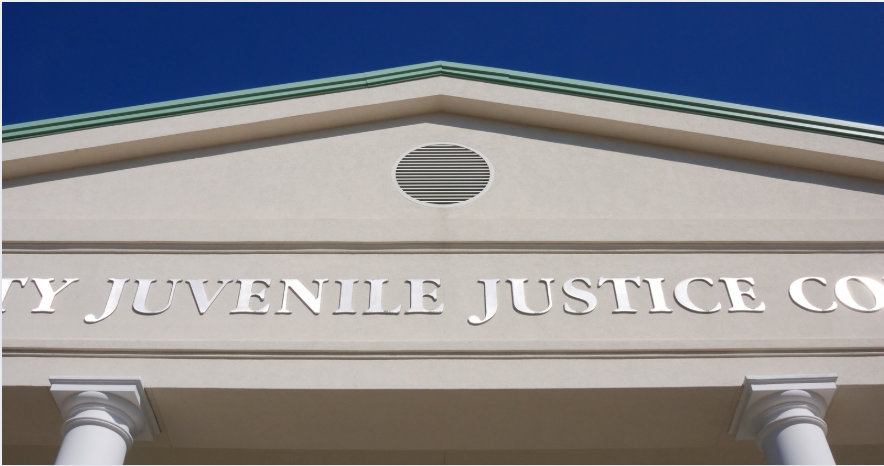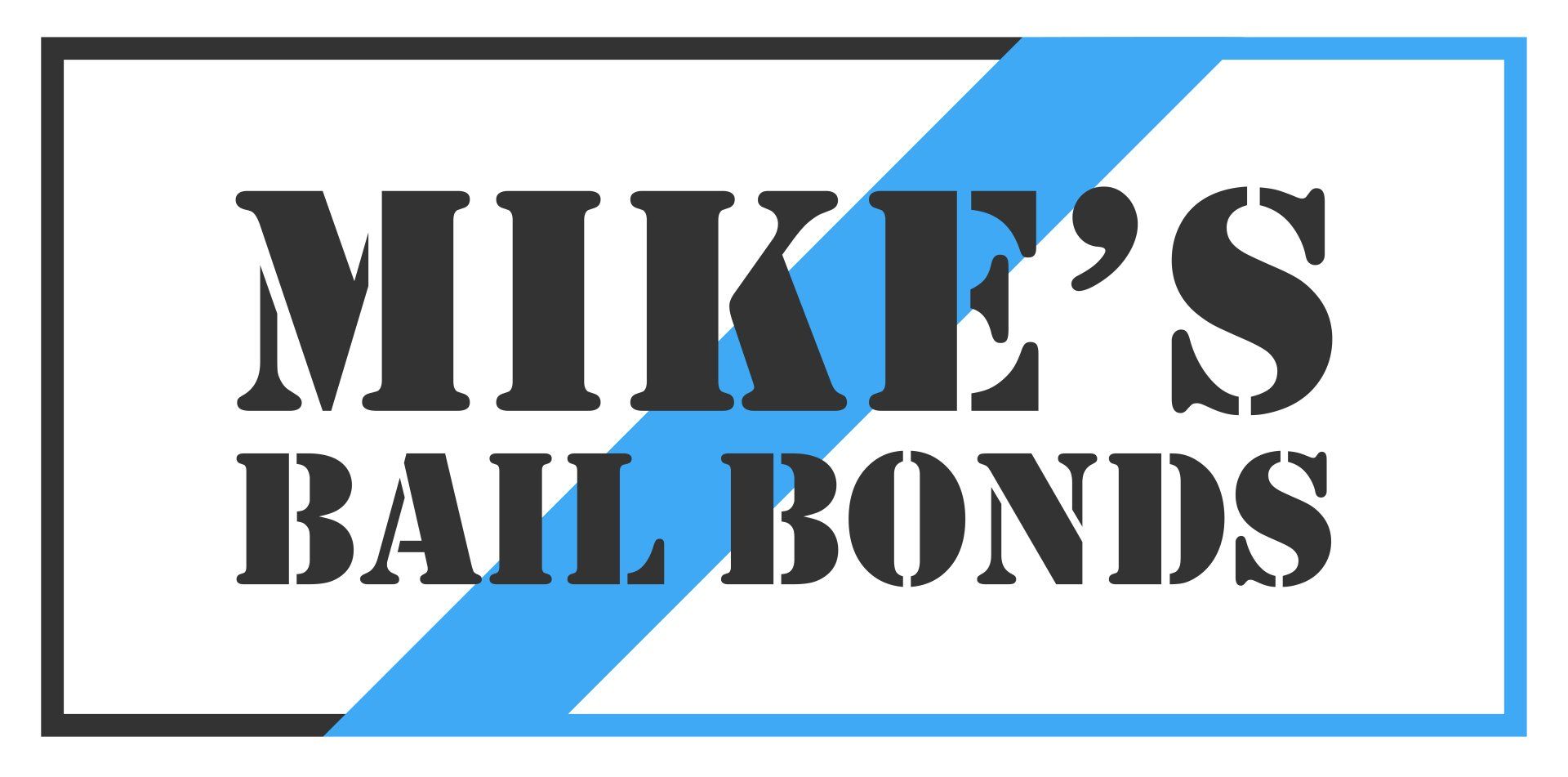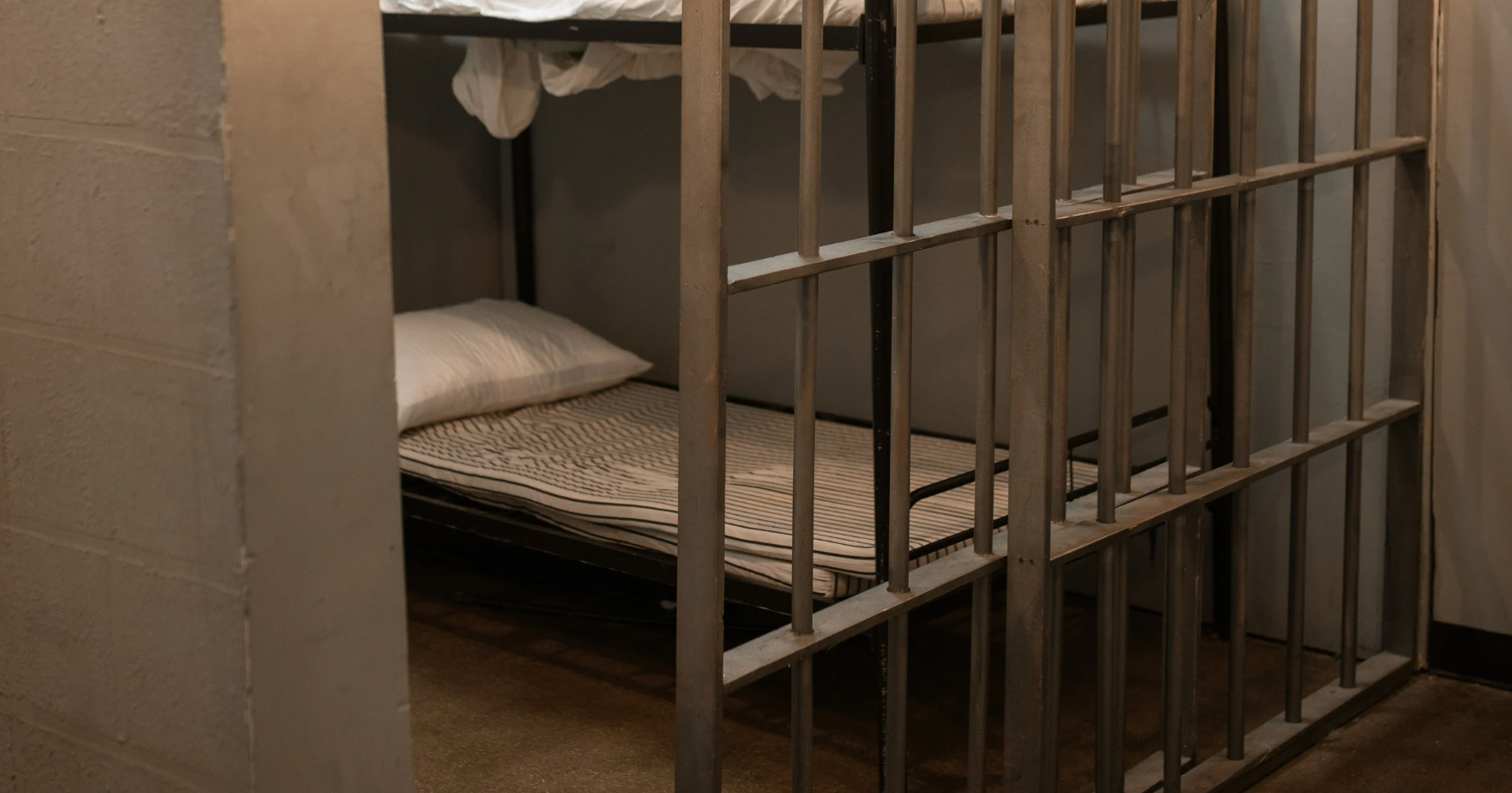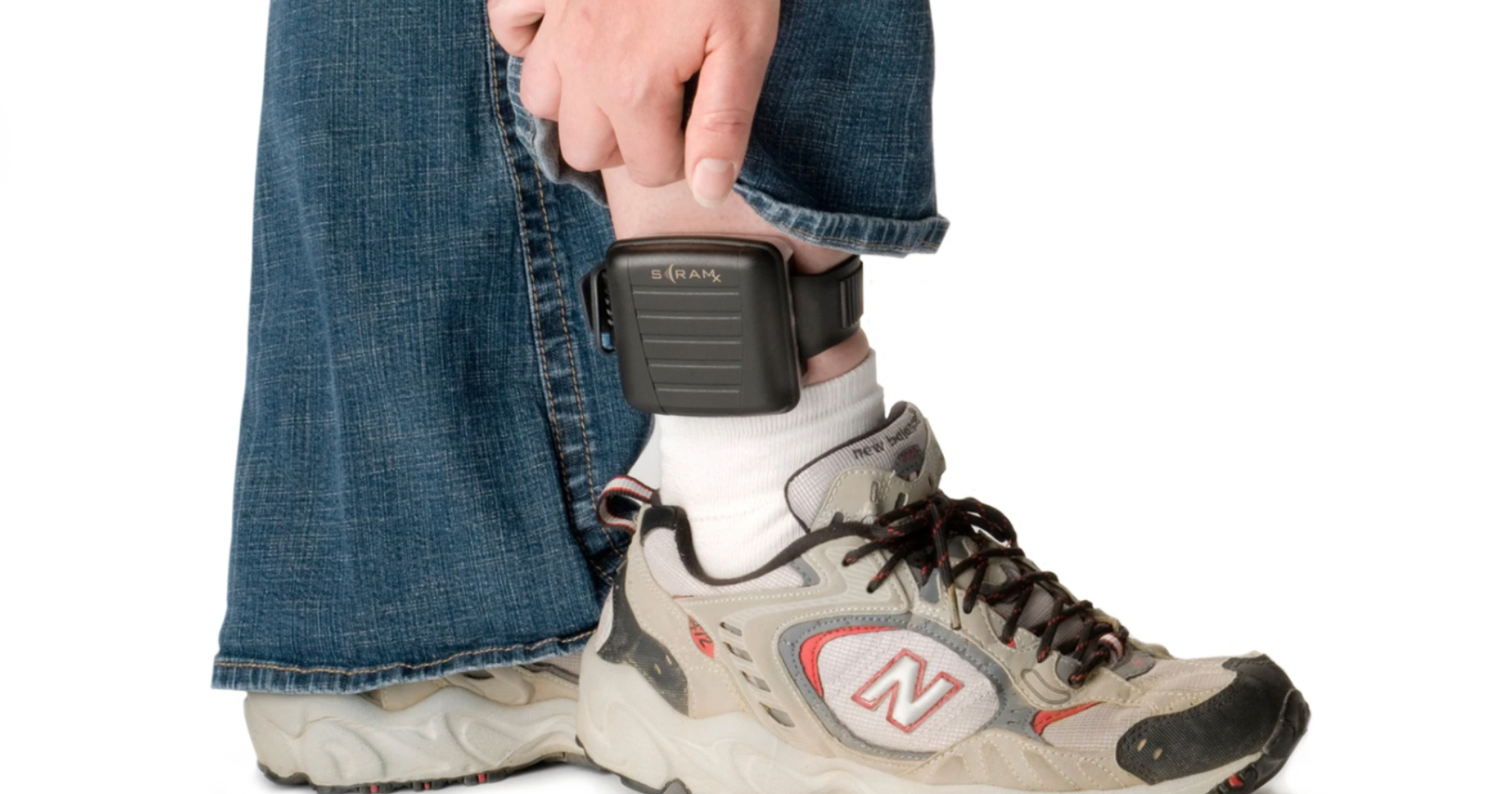Exploring Different Types of Bail Bonds: Cash, Surety, and Property Bonds
When a person is arrested and charged with a crime, one of the legal options available for their release from custody is posting bail. Bail is a financial arrangement that ensures the defendant's appearance in court for their trial. However, not everyone can afford to pay the entire bail amount upfront. This is where bail bonds come into play. There are three common types of bail bonds: cash bonds, surety bonds, and property bonds. To learn more about the difference between the three, read below.
Cash Bonds
A cash bond is the simplest and most straightforward type of bail bond. It involves paying the full amount of the bail in cash to secure the release of the defendant. If the defendant complies with all court appearances, the cash bond will be returned in its entirety, regardless of the outcome of the trial. However, if the defendant fails to appear in court, the cash bond will be forfeited, and a warrant may be issued for their arrest.
Surety Bonds
Surety bonds are the most common type of bail bonds used in the legal system. They involve a third party, usually a bail bondsman or bail agent, who guarantees the full bail amount to the court in exchange for a non-refundable fee, typically a percentage of the total bail amount. The bail bondsman acts as a surety, assuming the responsibility of ensuring the defendant's appearance in court. If the defendant fails to appear, the bondsman may hire a bounty hunter to track them down and bring them to court. This type of bond provides an option for individuals who cannot afford the full bail amount. By paying a fraction of the total bail as a fee, defendants can secure their release. It is important to note that the fee paid to the bail bondsman is non-refundable, regardless of the trial's outcome.
Property Bonds
Property bonds are less common and vary in availability depending on the jurisdiction. Instead of cash or a surety, property bonds allow defendants to use their real estate as collateral for their release. The value of the property must exceed the bail amount, and the court places a lien on the property until the case is resolved. If the defendant fails to appear, the court may initiate foreclosure proceedings on the property to recoup the bail amount. These types of bonds require extensive documentation, appraisals, and legal processes to determine the property's value and verify its ownership. Not all jurisdictions accept property bonds, so it is essential to consult with legal professionals to determine if this option is available.
Which Type of Bail Bond Is Best for Me?
Determining the best type of bail bond for your situation depends on several factors, including your financial circumstances, the bail amount, and the specific regulations and options available in your jurisdiction. Here are a few considerations to help you make an informed decision:
Remember, the choice of the best type of bail bond for you ultimately depends on your unique situation. Consulting with legal professionals will ensure that you receive the most accurate and relevant advice based on your specific circumstances and local laws.
Choose the Best Type of Bail Bond for You With the Help of Mike's Bail Bonds
in Middletown, CT
Bail bonds provide individuals with a means to secure their release from custody while awaiting trial. The three primary types of bail bonds—cash bonds, surety bonds, and property bonds—offer different options depending on the defendant's financial situation and the jurisdiction's regulations. Cash bonds require the full bail amount upfront, surety bonds involve a bail bondsman as a surety, and property bonds allow defendants to use their real estate as collateral. If you or a loved one find yourselves in a situation that requires posting bail, it is crucial to consult with legal professionals to understand the available options and make an informed decision. That's where Mike's Bail Bonds comes in. We have over 20 years of experience in the industry, and can serve Middlesex County clients 24/7. To learn more, give us a call today!

